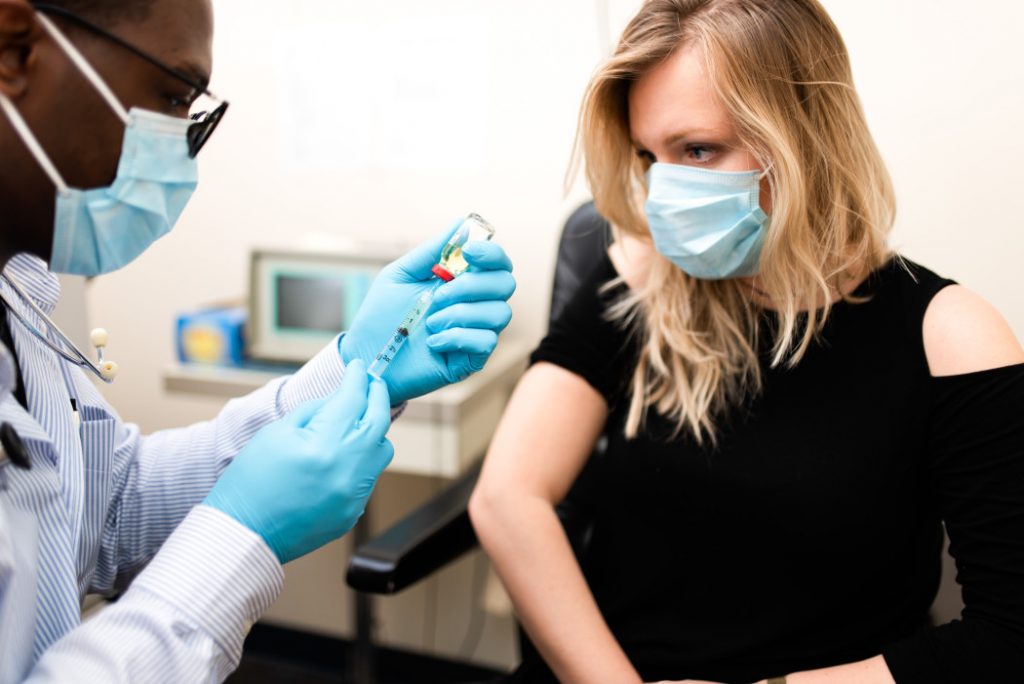The most vulnerable? The most 'useful' to society? The richest?
Several coronavirus vaccines have now been developed and approved. Once jabbed, the odds that a person will die or be hospitalized from Covid-19 drops to almost nothing. However, that doesn't mean Covid-19 is now eliminated, because it takes time to vaccinate entire populations. Scientists say that even if there were no hiccups in rolling out a vaccination program, it would take about a year to get through all of the UK’s 67 million-odd people. In the meantime, the pandemic will rage on and people will continue to catch the disease. Which means countries have a choice to make. Who gets the vaccine first?
There are few questions more economic-y than this one, considering economics is often defined as the study of how to allocate scarce resources. One bit of economic theory that could be applied to the vaccine problem is that the most efficient way to allocate scarce resources is through market mechanisms. This means that what gets sold and who buys it in a market depends on how many items are available (supply) and how many people want that item (demand). Supply and demand go up and down depending on cost (economists call this the price mechanism).
The demand for the vaccine currently outstrips the supply. If we put it on the market we’d therefore expect to see its cost rise. That in turn would cause demand to fall as only those who had the means or desire to shell out top dollar would still try to buy it. Its profitability, however, would encourage vaccine-makers to ramp up supply as much as possible. Every time supply overtook demand at each price point, the price would go down. Eventually, demand and supply would balance out at what is called an equilibrium.
There are some advantages to this strategy. The people who would get vaccinated first are the ones who are willing to spend the most for the privilege, which suggests they really, really wanted it. Economists call the value someone gets from consuming an item utility and tend to assume that the more you are willing to pay for something the more utility you will get from it. Therefore, by using a market mechanism you are maximising utility.
But of course there are also drawbacks to using market mechanisms to allocate vaccines. Perhaps the biggest is that most vaccines will go to better-off people, which would be widely seen as unfair. In economics terms, it could also be seen as inefficient.
The problem with using how much money we’d spend on an item as a proxy for how much we want it is that everyone owns different amounts of money. Someone willing to spend 10 percent of their income on something could therefore be beaten out by a richer person who is only willing to spend 1 percent of theirs, even though the first person arguably values the item more.
When it comes to the vaccine, it seems logical that it will actually provide the most utility to those who had the most to lose from catching Covid. That could be the people who are most likely to die from the disease (older people, BAME people, those with existing health issues). It could also be the people whose livelihood would be most impacted, including those who can't work from home (police officers, doctors, delivery drivers) or have fewer employment benefits like robust sick leave (largely lower-income people).
Incidentally, protecting both these groups may also provide more benefit to society at large. It reduces health costs, overall death rates and shortages of key workers. This is why instead of using the markets, most countries have seen the government take charge of distributing the vaccine and determining the priority order.
Read our explainer on: economic values.

